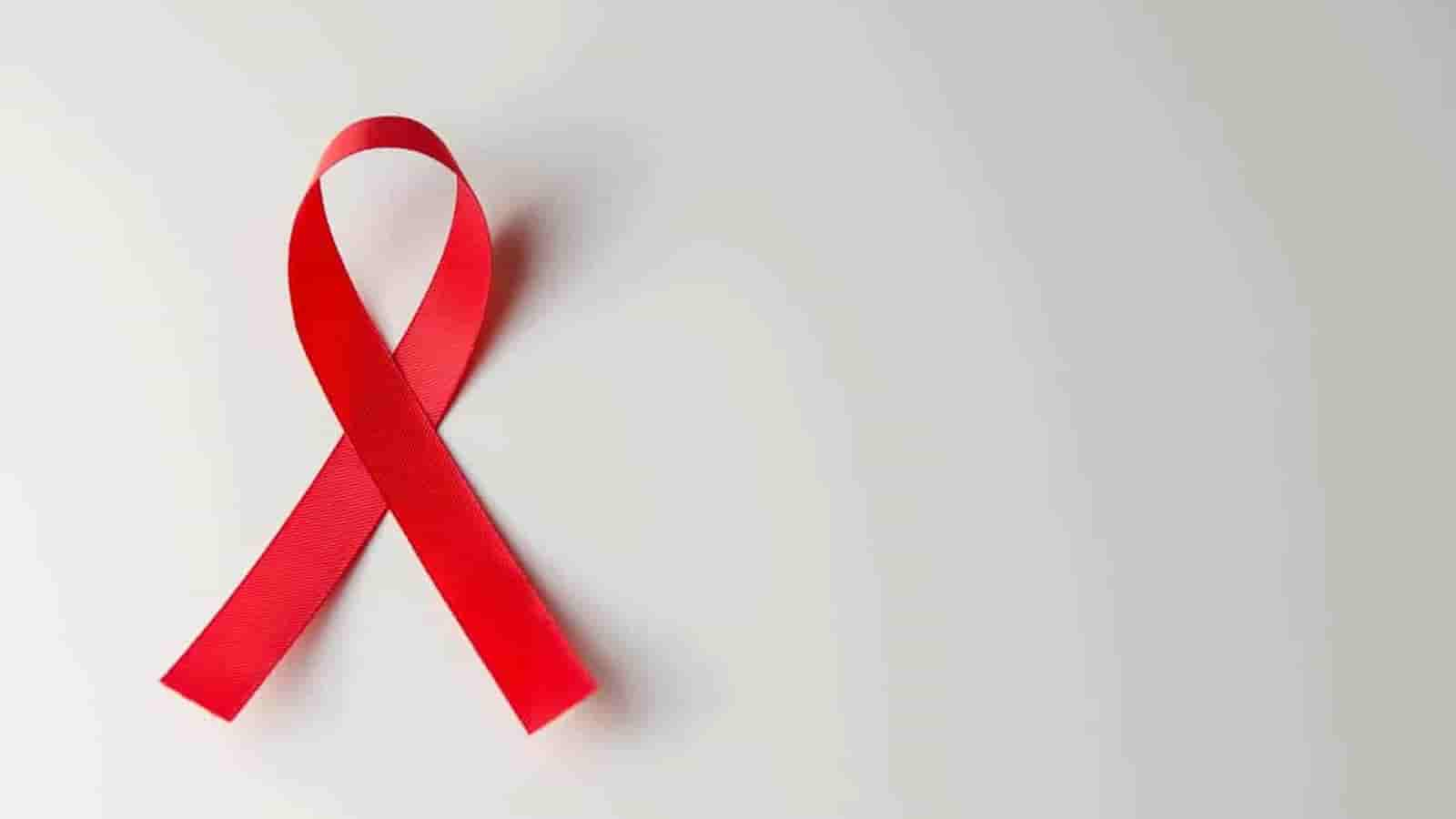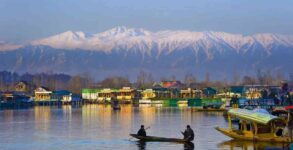National Native HIV/AIDS Awareness Day 2024 (US): National Native H.I.V./AIDS Awareness Day (N.N.H.A.A.D.) is observed annually on March 19, which is the first day of spring this year. It is a day to honor those who have died as a result of H.I.V., bring attention to those who are fighting the disease, and inspire optimism and support among American communities.
Such events are of the utmost importance and ought to be observed globally, particularly in nations with less developed medical and health services that place a strong emphasis on preventive measures. We consider those who raise awareness and aid in the battle against this disease to be unsung heroes, and we are thrilled to be a part of this day’s celebration.
National Native HIV/AIDS Awareness Day: A Historical Context
Since 2007, the National Native H.I.V./AIDS Awareness Day has been observed to bring attention to efforts to reduce H.I.V. among Native Hawaiians, Alaska Natives, and American Indians, and to show support for individuals living with H.I.V. in these communities. The National Native H.I.V. network has organized the occasion to advocate for H.I.V. education, testing, prevention, and treatment within Native communities.
The difficulties that Native Americans face made it necessary to develop this campaign because they prevent the provision of the best care possible for HIV-positive people and effective prevention measures. Awareness of one’s H.I.V. status, substance abuse, including alcohol and illicit drugs, data limitations, sexually transmitted diseases, stigma and confidentiality, socioeconomic concerns, and cultural diversity are a few of these obstacles. Particularly vulnerable to these obstacles are those who reside on reservations or in rural communities; stigma, dread, discrimination, and homophobia are among the most severe.
The National Native C.B.A. Network, comprised of three collaborating organizations (Inter-Tribal Council of Arizona, Inc. (I.T.C.A.), National Native American AIDS Prevention Center (N.N.A.A.P.C. ), and Commitment to Action for 7th-Generation Awareness & Education (CA7AE), submitted a resolution for National Native H.I.V./AIDS Awareness Day to the National Congress of American Indians in October 2006. The resolution received approval.
The Spring Equinox was designated as a special occasion due to its association with regeneration and equilibrium.
The Centers for Disease Control and Prevention (CDC) provided funding for the three organizations so that they could assist in the development of the capacities of Native organizations, tribes, state health departments, and any other organization servicing Native populations. The collaborative partnership for N.N.H.A.A.D. has expanded since its inception to include Begay Consulting, the Center for Prevention and Wellness, Council Oaks Training and Evaluation, Inc., E.T.R.’s Community Impact Solutions Project, the Florida Department of Health—H.I.V. Section, the Great Plains Tribal Chairmen’s Health Board, and a materials review committee consisting of twelve members. This committee is tasked with evaluating all products developed for N.N.H.A.A.D.
Sadly, despite the establishment of the holiday, HIV status among American Indians and Alaska Natives has not improved as reported: in 2016, 1% (243) of the 39,782 H.I.V. diagnoses in the United States occurred among this population. 81% (198) were male, while 19% (45) were female. The majority (77%; 152) of the 198 H.I.V. diagnoses among American Indian and Alaska Native males in 2016 were ascribed to sexual contact between males. In 2016, the majority of the 45 H.I.V. diagnoses among women of American Indian and Alaska Native descent were ascribed to heterosexual contact (69 percent; 31). 102 AIs and ANs were identified as having AIDS in 2016. 75% (77) were male, while 24% (24) were female. However, despite consistent effort, the numbers decrease daily.
Evacuation Day 2024 (US): FAQs, Dates, Activities, and History
Camp Fire Girls day 2024 (US): History, Activities, FAQs, Dates, and Facts About Camping
National Vaccination Day 2024: History, FAQs, Dates, Activities, and Facts
FAQs for National Native HIV/AIDS Awareness Day
National Native HIV/AIDS Awareness Day falls on which date?
It is observed on the nineteenth, twentieth, or twenty-first of March, although any of those years may qualify.
What is the most common etiology of H.I.V. infection?
The human immunodeficiency virus is the causative agent of your H.I.V. infection. Transmission of H.I.V. occurs through contact with contaminated blood, sperm, or vaginal fluids.
What are the aims and purposes of N.N.H.A.A.D.?
Promote education and awareness-raising among Native individuals regarding H.I.V./AIDS and its ramifications within their community. Collaborate to foster testing alternatives and HIV counseling services within Native communities, while actively striving to reduce the stigma associated with the virus.
National Native HIV/AIDS Awareness Day: Guidelines for Observance
Unite with other individuals
Posters and images are strategically positioned in various urban locations and collectively circulated to generate sufficient awareness. Consider how you can contribute on this day.
Adopt the practice
Assist in the social media trending of #NativeHIVAIDSAwarenessDay. Introduce yourself to an online discussion.
Participate in events
Additionally, Health Fair Information Booths, Mini Workshops, Mini Powwows, Candlelight Vigils for Theatre Performances, and Sunrise Ceremonies are held in the United States. Participate actively during this day.
NATIONAL NATIVE HIV/AIDS AWARENESS DAY DATES
| Year | Date | Day |
|---|---|---|
| 2024 | March 20 | Wednesday |
| 2025 | March 20 | Thursday |
| 2026 | March 20 | Friday |


















